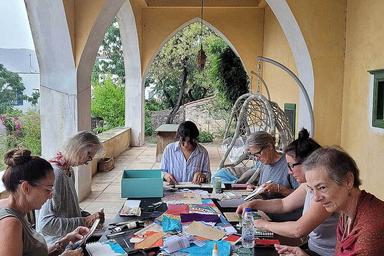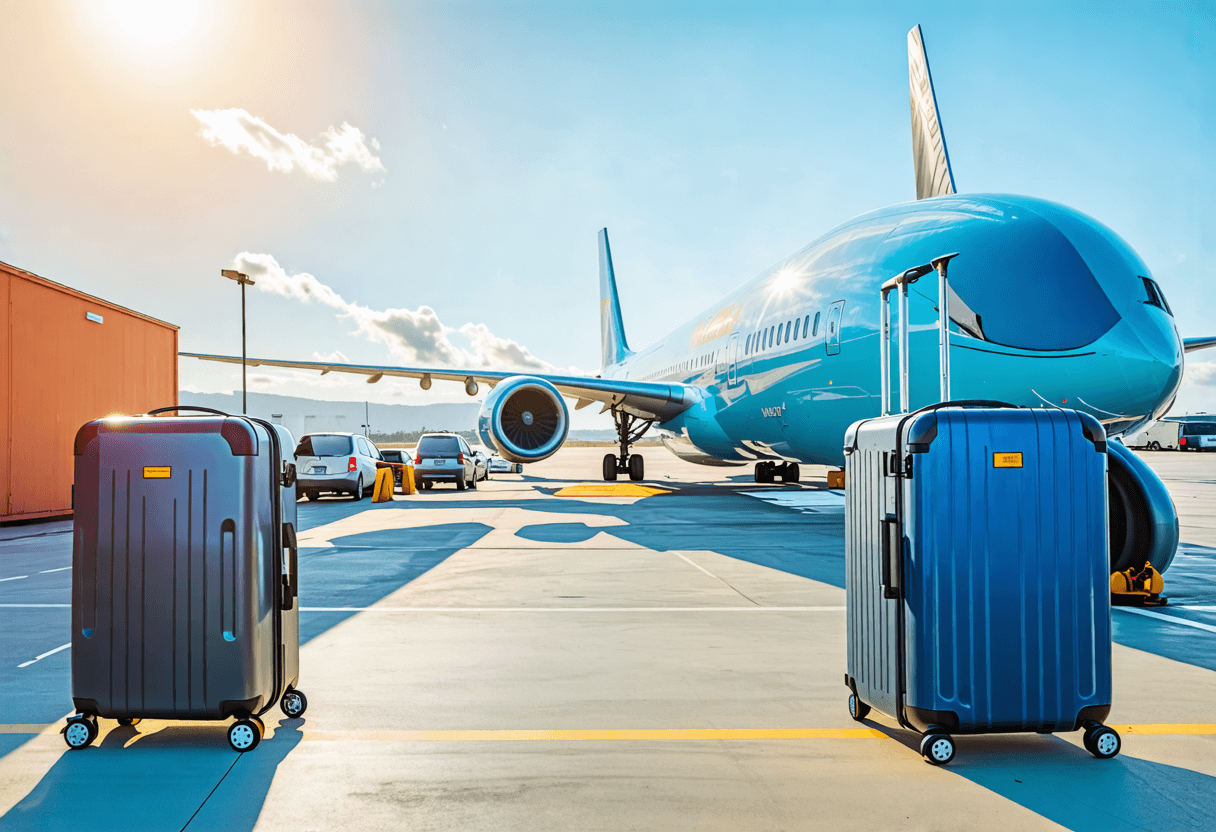
Kidney Transplant and Travel: What You Need to Know
11 Oct, 2024
 Healthtrip
HealthtripAre you a kidney transplant recipient planning to travel? Or are you a caregiver or family member of someone who has undergone a kidney transplant and is looking to travel? If so, you're not alone. With advances in medical technology and care, kidney transplant patients can now lead active and fulfilling lives, including traveling. However, it's crucial to take certain precautions and plan carefully to ensure a safe and enjoyable trip. In this article, we'll explore the essential things you need to know about kidney transplant and travel.
Understanding the Risks
As a kidney transplant recipient, you're more susceptible to infections, and traveling can increase this risk. Your immune system is weakened, making it harder to fight off infections. Additionally, you may be more prone to blood clots, which can be fatal if not treated promptly. Furthermore, traveling to areas with limited medical facilities or resources can be risky in case of an emergency. It's essential to weigh the risks and benefits of traveling and take necessary precautions to minimize them.
Most popular procedures in India
Consult Your Doctor
Before planning your trip, consult your doctor or transplant team to discuss your travel plans. They'll assess your overall health, the stability of your transplant, and any medications you're taking. Your doctor may also recommend vaccinations or medications to protect you from infections or other travel-related health issues. Be honest about your travel plans, including the destination, duration, and activities you plan to engage in.
Pre-Trip Preparations
Before you embark on your journey, make sure you're well-prepared. Here are some essential steps to take:
Wellness Treatments
Give yourself the time to relax
Lowest Prices Guaranteed!

Lowest Prices Guaranteed!
Packing Essentials
Pack a travel health kit with all your medications, including immunosuppressive drugs, antibiotics, and pain relievers. Bring a copy of your medical records, including your transplant details, and a list of your medications. Don't forget to pack comfortable clothing, sunscreen, and a first-aid kit.
Travel Insurance
Invest in travel insurance that covers medical expenses, including emergency evacuations. Check your policy to ensure it covers pre-existing conditions, such as kidney disease or transplant. Some insurance providers may have specific requirements or restrictions for kidney transplant patients, so be sure to ask about these.
Staying Healthy on the Go
While traveling, it's crucial to maintain good hygiene, avoid close contact with people who are sick, and wash your hands frequently. Here are some additional tips to stay healthy:
Stay Hydrated
Drink plenty of water to stay hydrated, especially in hot or humid climates. Avoid dehydration, which can lead to complications in kidney transplant patients.
Avoid Infections
Avoid close contact with people who have infections, such as the flu or common cold. If you're traveling to areas with a high risk of infections, such as tuberculosis, take necessary precautions like wearing a mask.
Emergency Planning
In case of an emergency, it's essential to have a plan in place. Here are some steps to take:
Research Medical Facilities
Research medical facilities at your destination, including hospitals and dialysis centers. Keep a list of emergency contact numbers, including your doctor's phone number and the embassy or consulate of your home country.
Carry a Emergency Contact Card
Carry an emergency contact card with your medical information, including your transplant details and medications. This can be especially useful in case of an emergency where you're unable to communicate.
By taking the necessary precautions and planning carefully, kidney transplant patients can enjoy a safe and enjoyable trip. Remember to stay informed, be prepared, and prioritize your health above all. Happy travels!
Related Blogs

Long-Term Follow-Up After Kidney Transplant
Detailed insights into kidney transplant – doctors, hospitals, technology, recovery,
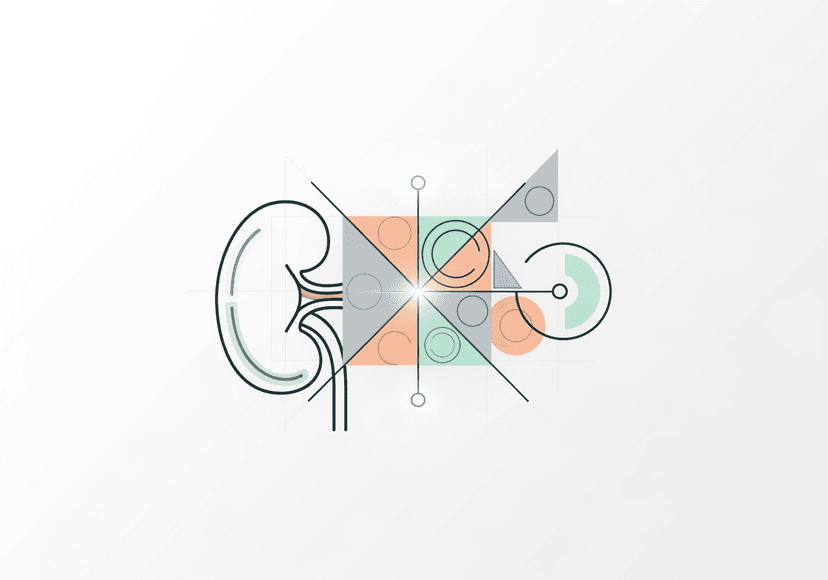
Healthtrip’s Transparency in Kidney Transplant Pricing and Packages
Detailed insights into kidney transplant – doctors, hospitals, technology, recovery,
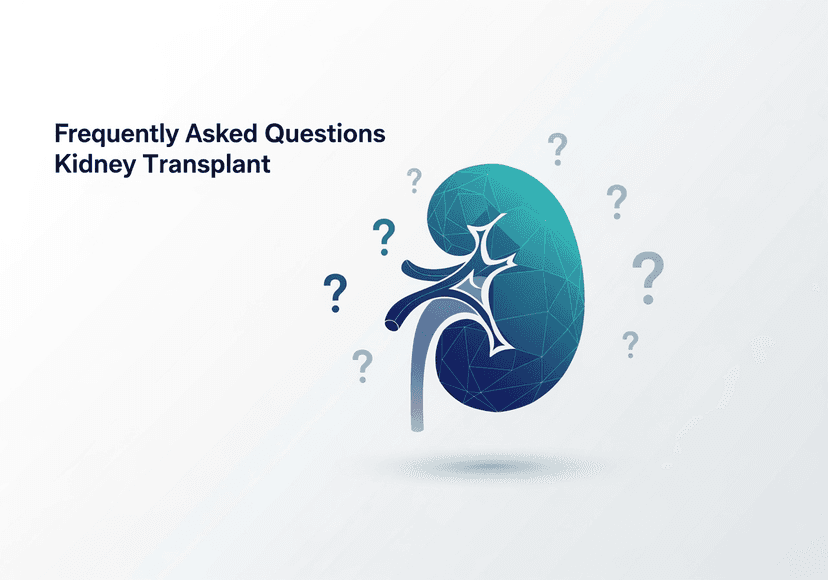
Frequently Asked Questions About Kidney Transplant
Detailed insights into kidney transplant – doctors, hospitals, technology, recovery,
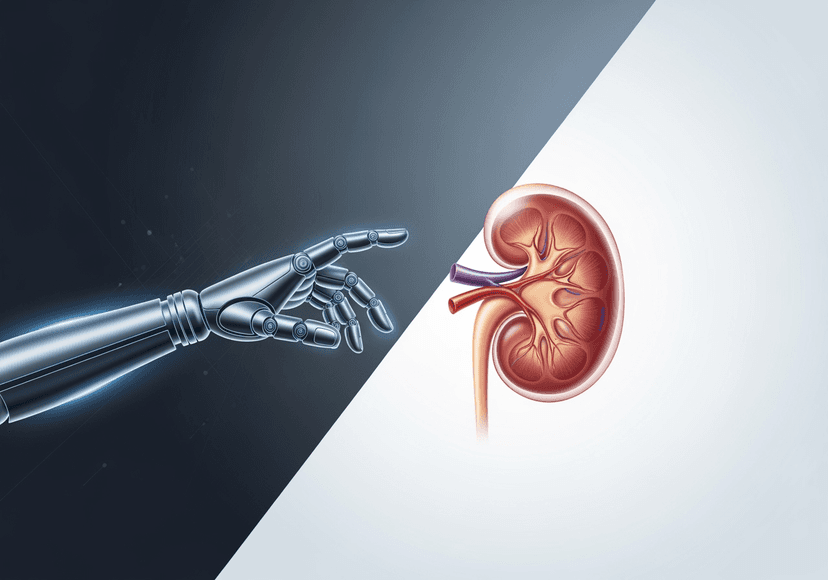
Advanced Robotic Technology Used in Kidney Transplant
Detailed insights into kidney transplant – doctors, hospitals, technology, recovery,

How Healthtrip Supports Foreign Patients for Kidney Transplant in India
Detailed insights into kidney transplant – doctors, hospitals, technology, recovery,
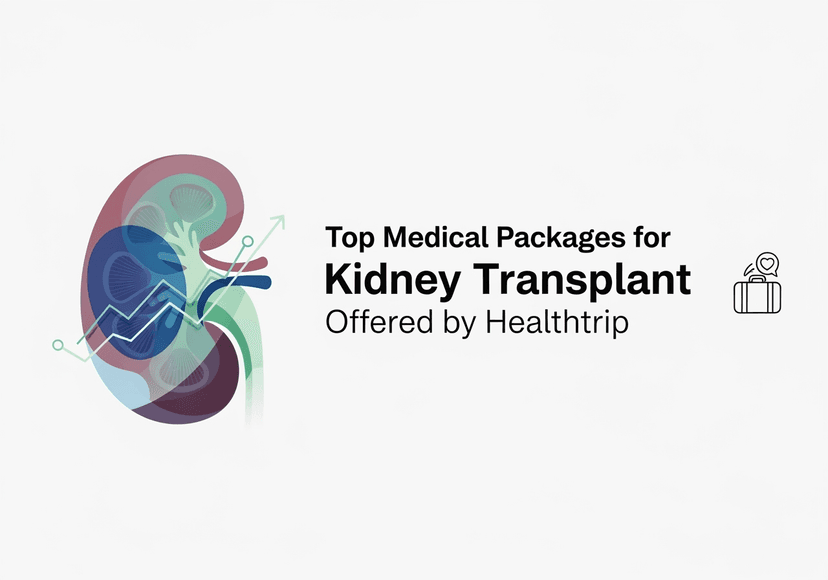
Top Medical Packages for Kidney Transplant Offered by Healthtrip
Detailed insights into kidney transplant – doctors, hospitals, technology, recovery,









